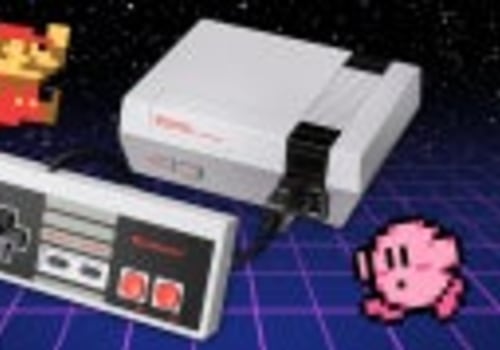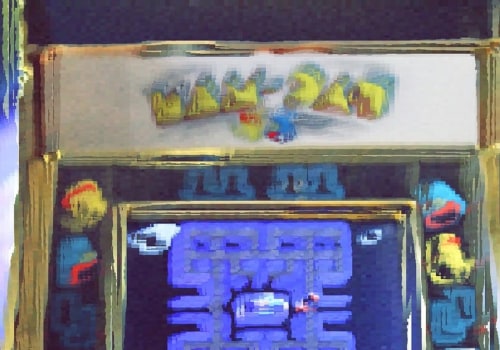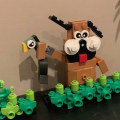Are you ready to explore the world of puzzles? Puzzles can be a great way to challenge your mind, while also providing you with hours of fun. From jigsaw puzzles to crosswords, there are many different types of puzzles available to choose from. Whether you're a beginner or an experienced puzzler, this guide will provide you with some of the best puzzle ideas and tips for getting the most out of your puzzle-solving experience. In this guide, we'll start by looking at some of the most popular types of puzzles, including jigsaw puzzles, crosswords, and word searches. We'll also provide advice on how to select the perfect puzzle for your skill level, as well as tips and tricks for getting the most out of your puzzle-solving experience.
So, grab a pencil and get ready to explore the world of puzzles!The world of puzzles is vast and varied. There are many different types of puzzles, from logic puzzles and jigsaw puzzles, to word games and brainteasers. Each type of puzzle will offer a unique challenge and help to develop various cognitive skills. Here’s an overview of the different types of puzzles that you can explore:Logic Puzzles: Logic puzzles, such as Sudoku and KenKen, involve filling out grids with numbers or symbols.
The challenge is to use logical reasoning and deduction to figure out which numbers or symbols should go in each square.
Jigsaw Puzzles
: Jigsaw puzzles are great for developing spatial awareness and problem-solving skills. They involve putting together several interlocking pieces to form a larger picture or design.Word Games
: Word games such as crosswords, Hangman, and Boggle involve finding words in an array of letters. They’re great for developing vocabulary, spelling, and problem-solving skills.Brainteasers
: Brainteasers are tricky questions or problems that require creative thinking and critical analysis to solve. They range from numerical problems to riddles and optical illusions.For logic puzzles, the key is to look at the clues as a whole and identify patterns. It can be helpful to start by filling in any squares that can be determined from the clues without any guesswork. With jigsaw puzzles, it’s best to start with the edge pieces first and then work your way inward toward the center. Word games rely on knowledge of word meanings and spelling so it’s important to read the clues carefully.
For brainteasers, it’s important to take a step back and look at the problem from different angles. This can help you identify the underlying pattern or structure of the problem. Overall, the most important thing is to keep an open mind and be willing to try different approaches.
Tips for Solving Puzzles
To get the most out of your puzzle-solving experience, it’s helpful to have some strategies in place. Here are some tips for solving puzzles: Take your time: Don’t rush when solving puzzles.Give yourself plenty of time to think things through and consider different possibilities.
Divide and conquer:
If you’re having trouble with a complex puzzle, try breaking it down into smaller pieces that are easier to manage.Think outside the box:
Sometimes, the most creative solutions come from thinking outside the box. Don’t be afraid to explore new possibilities and look at things from a different perspective.Puzzles can be a great way to pass the time and sharpen your problem-solving skills. With so many types of puzzles available, there's sure to be one that's perfect for you, whether you're looking for a fun activity to do alone or with friends. And with the tips for solving puzzles we've provided, you'll soon be on your way to becoming a master puzzler! So why not give it a try?.













